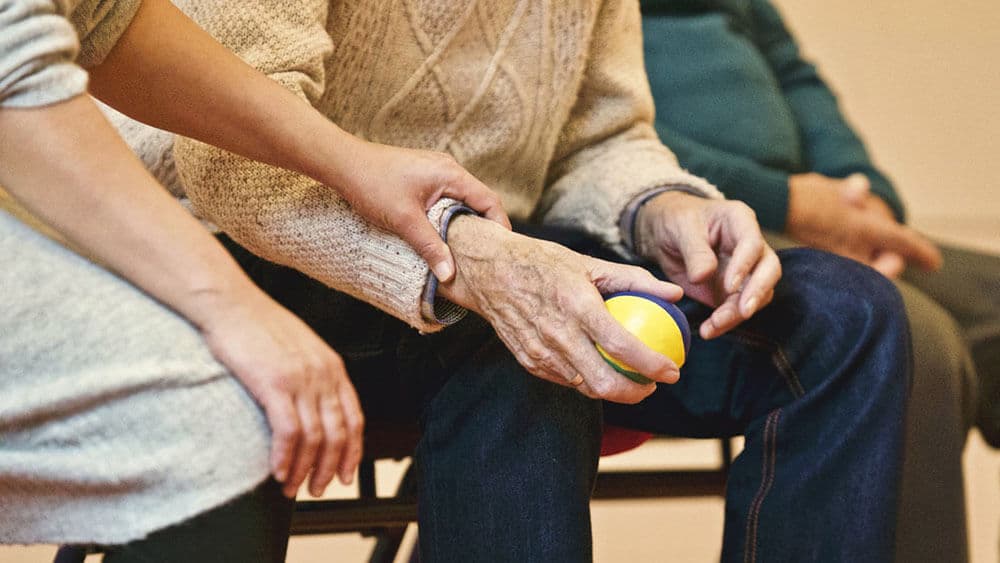
Sending a loved one to a nursing home can be a difficult decision. But at the end of the day, you’re doing it because you want your loved one to have the best care and the highest quality of life.
But sometimes, nursing homes aren’t what you expect them to be. They might not have the best people in charge, or their facility might not meet the standards that they should be meeting. When this happens, there’s a higher chance of your loved one potentially getting abused or neglected in the facility.
While most West Virginia residents may feel that all of our state’s nursing homes are safe, the statistics may surprise you. All nursing homes– including ours– are potentially at risk for having poor hiring procedures, policies, or supervision that may allow abuse to occur.
What Are the Common Kinds of Nursing Home Abuse?
According to the National Center on Elder Abuse, there are five kinds of nursing home abuse.
- Verbal/Emotional.
- Physical.
- Sexual.
- Neglect.
- Exploitation.
Staff can be overly aggressive when helping residents, and this can result in bruising or markings left on skin. People who work there can make threats or cruel remarks. In some cases, there is sexual abuse. Neglect can happen when your loved one isn’t getting enough attention each day or not getting their proper medical care. Some people might take advantage of your loved one and steal their belongings.
What Are the Top Nursing Home Abuse Complaints in West Virginia?
Nursing home abuse in West Virginia centers around staff mistreating their patients. Here is some important data from the National Council on Aging (NCOA):
- Only one out of every 24 cases of elder abuse is ever reported.
- One out of every 10 Americans over the age of 60 have experienced at least one act of elder abuse.
- Social isolation increases a person’s risk factor for abuse.
How Can You Help Your Loved One?
You might suspect something could be going on in your loved one’s nursing home, but you might not know for a fact. Some ways you can look out for your loved one’s well-being is:
- Visit Frequently. Seeing your loved one on a regular basis will keep them from feeling isolated, and you’ll be able to see any physical changes that might occur because of abuse.
- Talk to Other Families. If you know other families with a long-term car resident, ask how they like this nursing home and if they approve of the care their loved one is getting.
- Talk to Staff. Speak to the people caring for your loved one and get a sense of what they’re like.
- Contact Your State Ombudsman. If you think something is amiss, you can contact your state Ombudsman, an advocate for seniors. They’re independent of nursing homes and it’s illegal for anyone to stop them from doing their work.
If your loved one is being abused in their nursing home, know that you don’t have to go through this alone. With the help of a Charleston nursing home abuse lawyer from DiPiero Simmons McGinley & Bastress, PLLC, you’ll be able to get justice for your loved one, and hold the nursing home accountable for their actions.
Call us today for a free consultation at (877) 959-9801.







